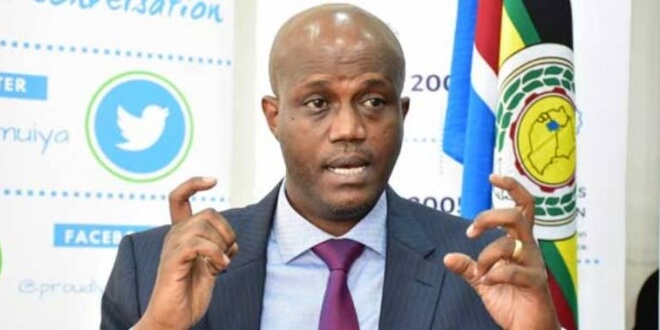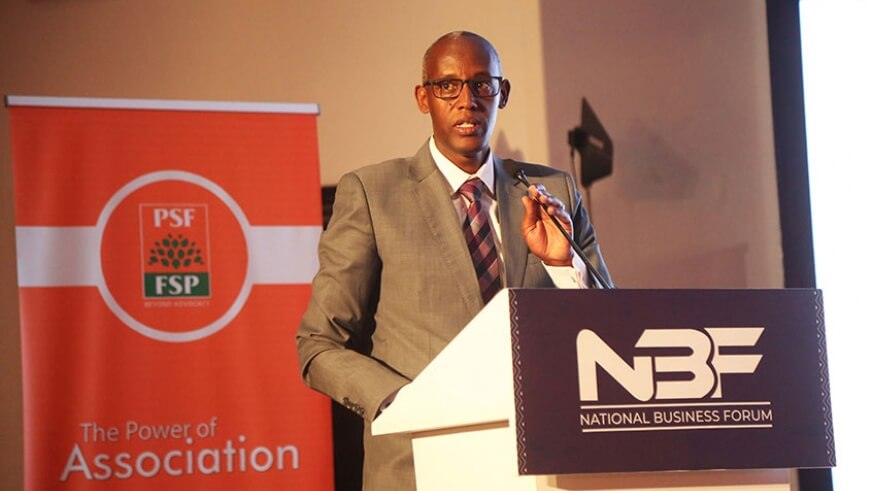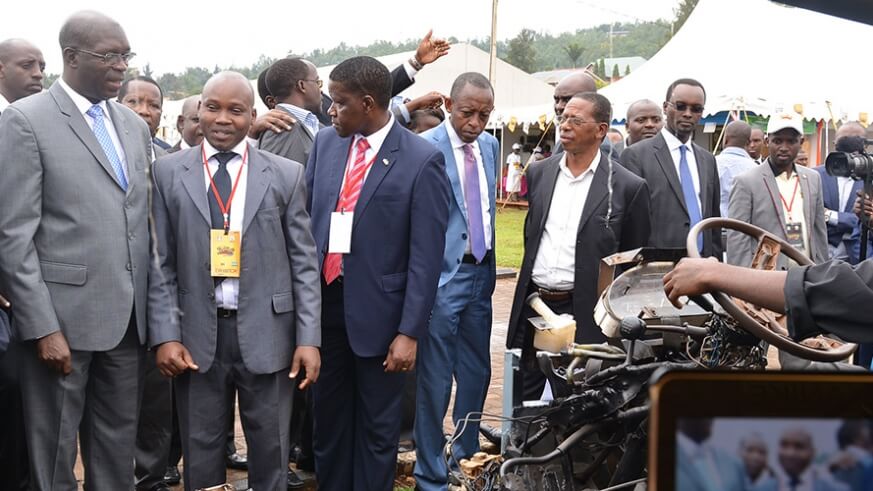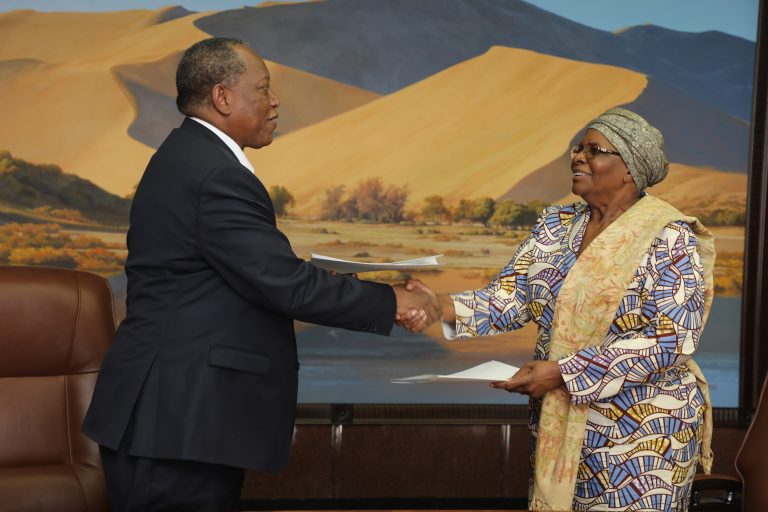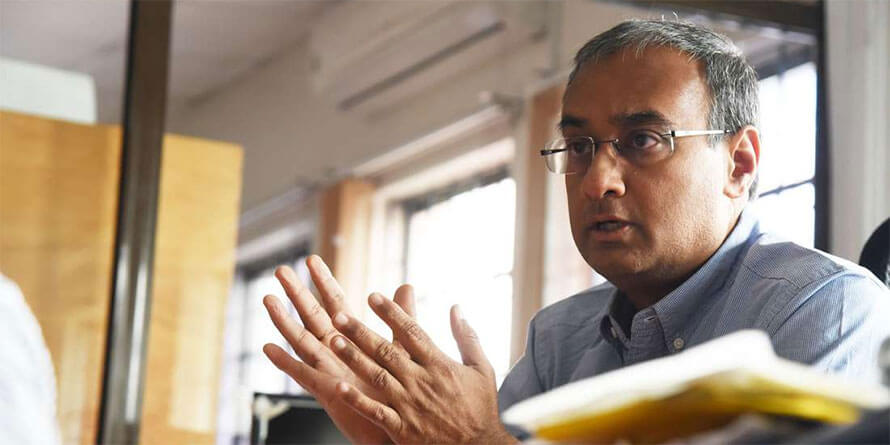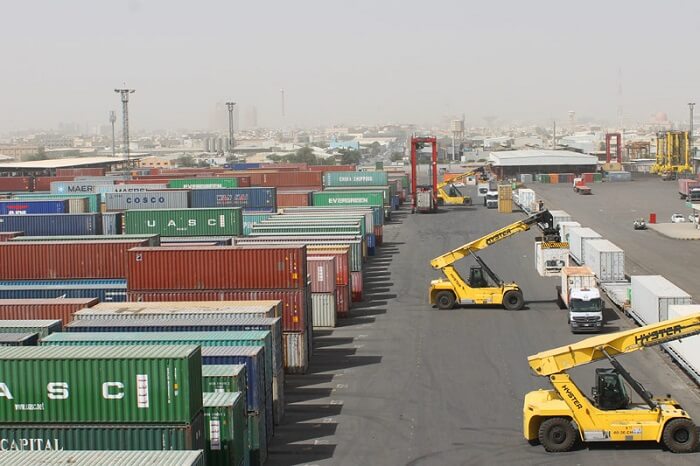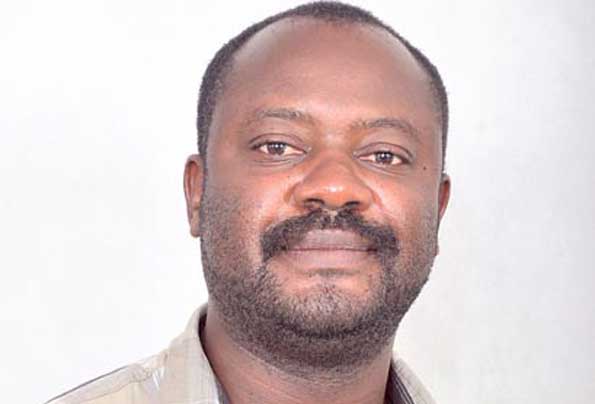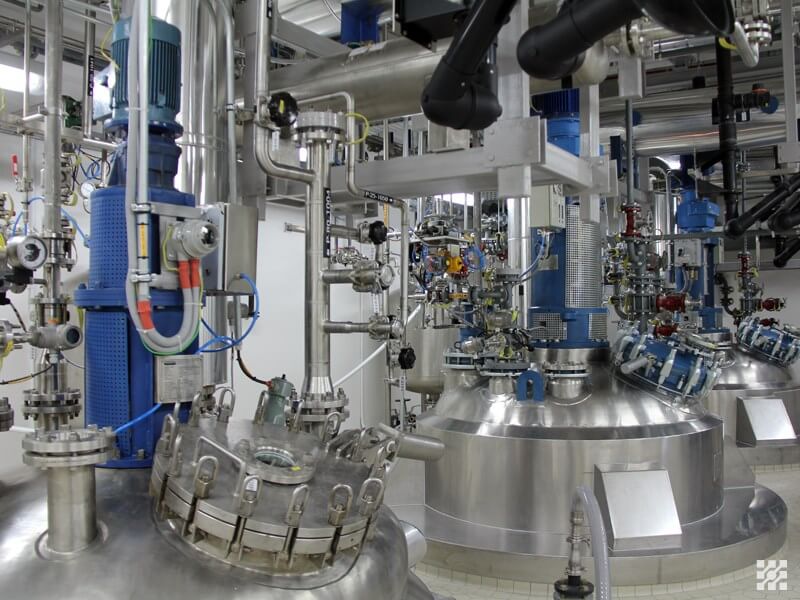The construction of a new dry port in Wereta, in northern Gonder of Amhara Regional State, Ethiopia has been completed at a cost of US $3m. Expected to facilitate Ethiopia’s trade with Sudan, the cost of construction was covered by the Ethiopian Shipping & Logistics Enterprise, the state-owned shipping giant. The port The port which will be the eighth one in the country, will rest on three hectares piece of land and will be able to accommodate 1,000 containers at once. The regional government has set aside 17 hectares of additional land for the port to use as demand increases. Currently, the contractor is in the process of hiring and structuring human resources for use at the port. The facilities include a warehouse, a terminal, offices and a cafeteria. The other 7 dry ports in the country include: there are seven dry ports in the country: Modjo, Qality, Gelan, Semera, Dire Dawa, Kombolcha and Meqelle. They have an aggregate capacity of hosting 24,000 containers at a time and handle over 90% of the country’s exports, which stand at around US $3bn worth of goods, and imports, which is almost five times that amount The main one is Modjo Dry Port, which is located in the eastern inlet of Addis Abeba. Established a decade ago, it hosts 78% of the country’s shipping and logistics services. Facilitate trade Asheber Nota, communications director at the Enterprise said that the port will greatly facilitate trade with Sudan. Ethiopia’s exports to Sudan, mainly coffee, tea, meat...


